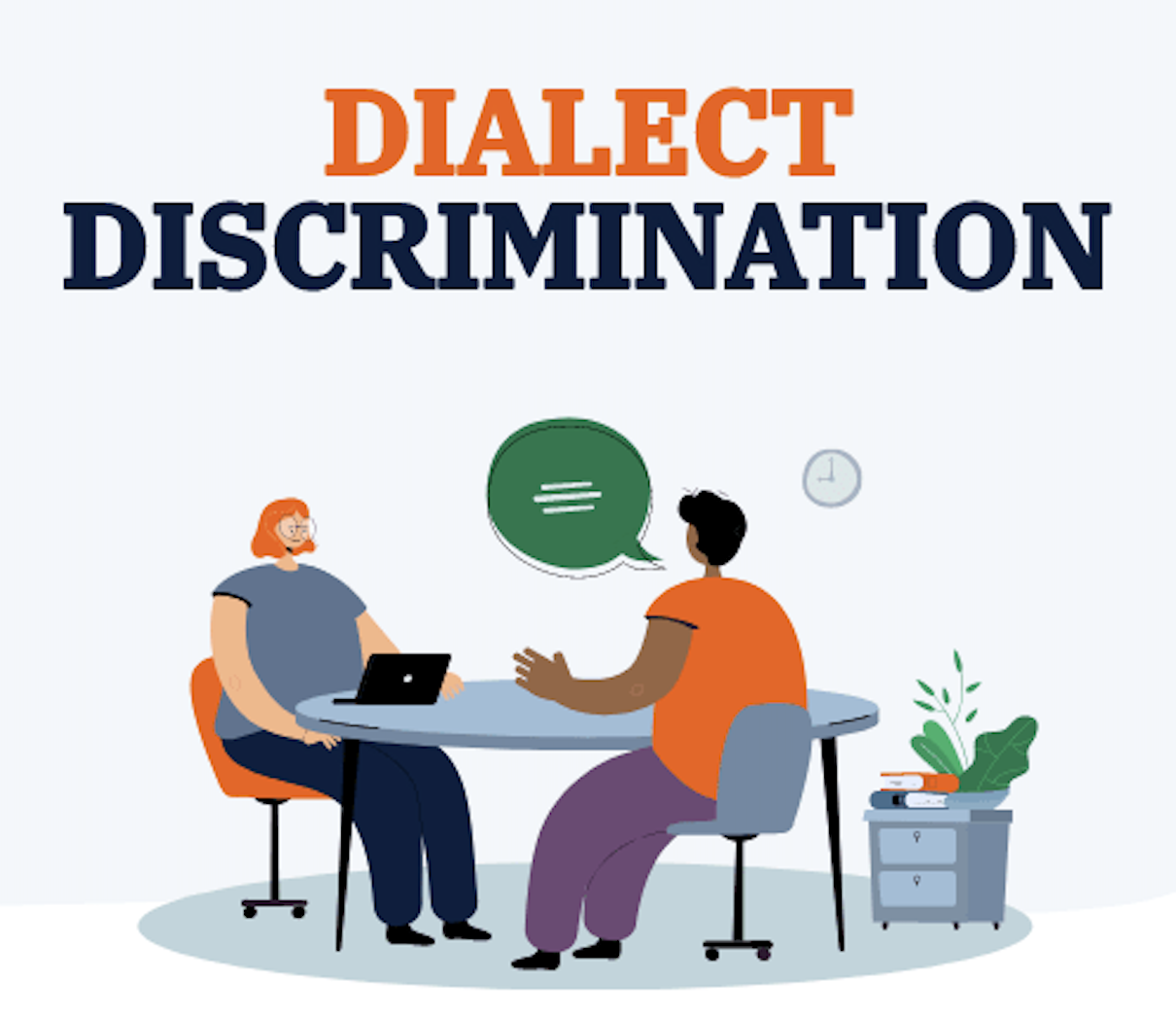In a 2015 interview, Stephen Colbert was quoted as saying: “At a very young age, I decided I was not gonna have a Southern accent” adding that as he thought it would hold him back professionally. He noted that it is difficult to determine a newscaster’s regional origin based on their accent.
Research from the University of Chicago and the University of Munich confirms that people with strong regional accents face a wage penalty of 20% compared to those who speak with a “standard accent.” This wage penalty is equivalent to that of the gender wage gap.
And a recent survey of 3,000 job applicants by Writing Tips Institute found that over one-third (38%) say that they ‘soften’ their regional twangs in their job interviews, in an effort to make their accents more generalized, for fear of negative stereotypes.
#1 The Western New England Accent
The Writing Tips Institute discovered that job applicants from Western New England (51%) are the most likely to alter their speech patterns. The accent in this region is non-rhotic, which means the “r” sound is often dropped at the end of words or before consonants, giving words like “car” and “park” a distinct sound. To blend in better, a job applicant may modify the way they ask where to “pahk their cah” when starting a new job. The accent also features unique vocabulary and phrases, such as using “wicked” to mean “very” or “extremely.”
#2 The South Midland Accent
Job applicants with a South Midland accent are the second most likely (50%) to adjust their pronunciation during job interviews. This accent is widely spoken in the southeastern and southwestern regions of the US, including states such as Oklahoma, Arkansas, Texas, and parts of Missouri, Tennessee, and Kentucky. The accent is characterized by distinctive vowel sounds, including the “ah” sound in words such as “barn” or “car,” and the “oo” sound in words like “moon” or “food.” Additionally, the accent features unique phrases and idioms that are specific to the region, such as “I might could submit some references for y’all,” which could be replaced with “I might be able to submit some references for you all” by those seeking employment.
#3 The New Jersey Accent
Rounding up the top 3 are job applicants from New Jersey, whereby 45% admit to hiding their accent. One of the most notable features of the New Jersey accent is the strong and distinct pronunciation of the “r” sound, which is often pronounced even at the end of words where it is usually silent, such as “car.” The accent also includes distinct vowel sounds, which may prompt a NJ job applicant to avoid saying things like they “are great at tawkin’ to clients” during an interview.
#4 The Southern Accent
Forty-five percent percent of job applicants with a southern accent say they change the way they talk when applying for jobs. The Southern accent is unique due to its distinctive pronunciation of vowels and consonants, which is characterized by elongated vowels, a slower and more relaxed pace of speech, and a tendency to drop the final “g” sound in words that end in “-ing.”
#5 The Baltimore Accent
Forty-two percent of people who speak with a Baltimore accent alter how they talk when seeking new employment. The Baltimore accent is characterized by a unique sound for the “o” vowel, known as the “Baltimore o”, and other features such as the fronting of the “ai” diphthong and the use of “yo” and “hon” as terms of endearment.


Writing Tips Institute, also found out in which industries workers are more likely to alter accents. The top industry was Real Estate, whereby 46% of respondents admit to softening their regional accents. The other industries were as follows:
#1. Real Estate
#2. Tourism
#3. Public Service
#4. I.T.
#5. Engineering
#6. Hospitality
#7. Finance
#8. Retail.
#9. Healthcare
#10. Media
#11. Education
#12. Legal
#13. Technology
#14. Energy
“The pressure to conform to linguistic norms can be especially pronounced in industries that place a high value on communication skills, such as sales or customer service. While this may be an effective strategy for some job seekers, it’s a shame that people feel like they have to change an integral part of their identity in order to be accepted or successful in a job. It’s important to recognize that linguistic diversity is a valuable and enriching aspect of our culture, and no one should feel like they have to alter their accent or language in order to be successful” says Shaun Connell, Founder & CEO of Writing Tips Institute.






